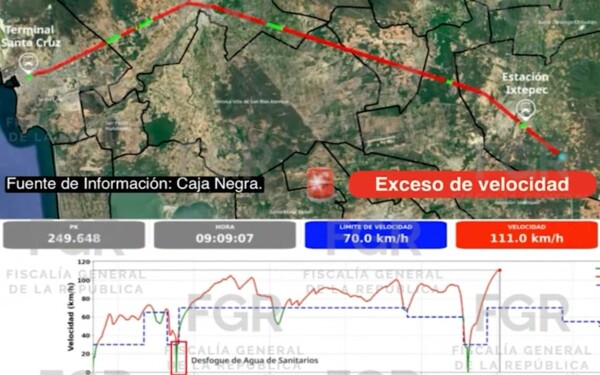
The creation of the section 'Who is who in the lies of the week' during the morning conferences of former president Andrés Manuel López Obrador has been considered a violation of various human rights and constitutional principles by the Twentieth Collegiate Court in Administrative Matters of the First Circuit. This resolution is the result of the amparo in review 135/2024 presented by journalist Raymundo Riva Palacios, who denounced harassment and stigmatization from the presidential pulpit.
The court determined that the order to implement this section lacked legal foundation, clear rules, and objective parameters, which, according to established legal criteria, violates the rights to legality, freedom of the press, expression, and information, as enshrined in various articles of the Mexican Constitution.
This section has been described by the court as a 'post-factual government propaganda system,' used to unilaterally discredit journalists critical of the government, instead of providing objective access to information. It is noted that facts are distorted, criticism is suppressed, and social polarization is encouraged under the pretext of disseminating an 'official truth.'
Additionally, it is highlighted that public resources were used to maintain this section without normative support, which contravenes both the principles of Mexican legislation and international human rights standards. The ruling references the 2022 Annual Report of the Inter-American Commission on Human Rights, which had already warned about the use of official communication to stigmatize the press.
The court's decision emphasizes the risks this practice poses to democracy and freedom of expression, by fostering indirect censorship, harming the right to reply, and undermining free and informed public debate, essential elements for the proper functioning of a democratic society. It is underscored that while the Executive can establish social communication mechanisms, these must be governed by pluralistic principles and respect the right to dissent, without becoming tools of political punishment or misinformation.
The court's ruling was unanimously approved, with reservations from magistrate Salvador Alvarado López, who questioned the considerations presented. The reporting magistrate was Fernando Silva García, and the court secretary at this instance was José Sebastián Gómez Sámano.














